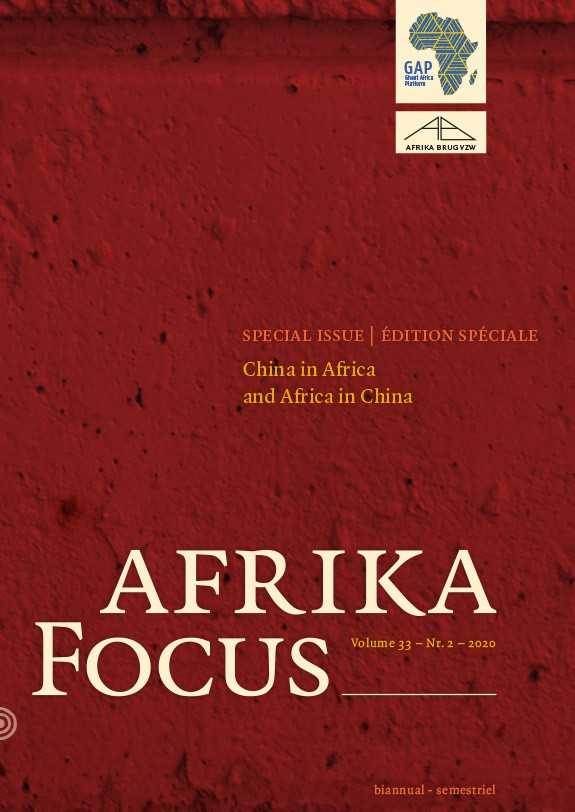The Democratic Republic of the Congo-China's Deals on Construction of Roads in Exchange of Mines
DOI:
https://doi.org/10.21825/af.v33i2.17578Abstract
After 32 years of dictatorship regime and a decade of various armed conflicts, the newly elected DRC government in 2006 was expected to receive US$4 billion from the traditional Western donors for reconstruction and development to help cement peace. Based on the issue of the lack of trust in the public institutions, the West failed to provide its promised aid following its conditionality. Alternatively, Joseph Kabila approached China to secure his cinq chantiers. Without prior conditionality on good- governance and human rights, China agreed to provide its financial support valued at US$ 9 billion in exchange for mines. Using historical and comparative methods, findings reveal that the Chinese presence in the DRC goes back to the colonial era of the 19th century. The conditionality for financial support seems inadequate for post-conflict countries in need of reconstruction. Also, the Chinese non-interference policy as an alternative to the western approach needs to be transparent. KEY WORDS: CHINESE POLICY, CINQ CHANTIERS, DRC, MINING DEALS, WESTERN CONDITIONALITYDownloads
Published
How to Cite
Issue
Section
License
Authors who publish with this journal agree to the following terms
Authors retain copyright and grant the journal right of first publication with the work simultaneously licensed under a Creative Commons Attribution License that allows others to share the work with an acknowledgement of the work's authorship and initial publication in this journal.
Authors are able to enter into separate, additional contractual arrangements for the non-exclusive distribution of the journal's published version of the work (e.g., post it to an institutional repository or publish it in a book), with an acknowledgement of its initial publication in this journal.
Authors are permitted and encouraged to post their work online (e.g., in institutional repositories or on their website) prior to and during the submission process, as it can lead to productive exchanges, as well as earlier and greater citation of published work (See The Effect of Open Access).


